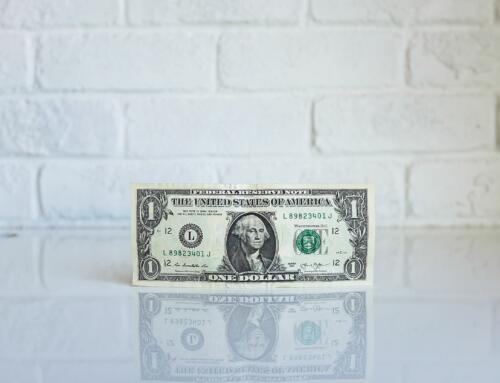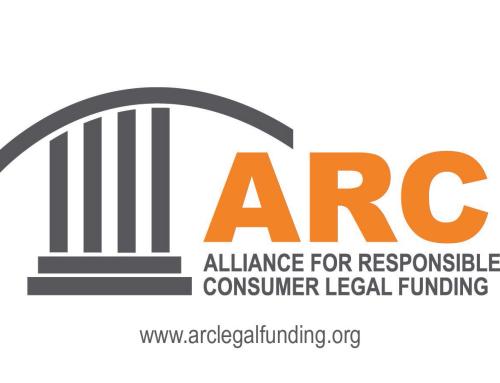 In planning for that ‘rainy day’ we often dismiss the reality of the sudden emergency, such as an accident or injury. Much too late we realize that the actual cost of this event, far exceeds what we have set aside to survive for even a short period of time while we regain our financial footing. In addition, the insurance we depend on to protect us from financial strain, is often times not sufficient or slow to the rescue. Medical bills can quickly add up surpassing your coverage necessitating out of pocket expense especially with regards to medications and if home care convalescing is required.
In planning for that ‘rainy day’ we often dismiss the reality of the sudden emergency, such as an accident or injury. Much too late we realize that the actual cost of this event, far exceeds what we have set aside to survive for even a short period of time while we regain our financial footing. In addition, the insurance we depend on to protect us from financial strain, is often times not sufficient or slow to the rescue. Medical bills can quickly add up surpassing your coverage necessitating out of pocket expense especially with regards to medications and if home care convalescing is required.
While most financial planners suggest that you should have an emergency fund of three to six months of your total salary saved the reality suggests that many of us are unable to achieve that goal. National surveys suggest that 62% of Americans would not be able to meet basic household expenses if they were without income for three months. Data from the Bureau of Economic Analysis suggests that the average savings contribution for most people per month is only 2.5% of their income. If you factor in expenses you have already weathered, such as drawing on your reserves to replace a roof or repair a car the prospects of surviving a financial crisis become even more daunting.
The most recent data from the U.S. Department of Labor indicates that the average monthly household expenditure is in the neighborhood of $4600.00 for a family with combined income of $69,000.00. Your expenditures could be more or less than this figure; however it is important to keep a close eye on your ability to cover your expenses with an emergency fund savings plan. It takes effort and diligence to accomplish this but with a short term goal of at least three months expense savings you can pave the way to a more secure future.
When faced with the reality of how much it really takes to cover your monthly expenses over the course of a three to six month period of time without income, a new perspective can be gained about the importance of planning for your emergency fund. Included in your plan should be housing, food, insurance and debt repayments. Based on the figures we listed for the average family, at least $350.00 or $400.00 per month should be set aside over a 5 year period to adequately provide for three months emergency funding. If you pay yourself first and consider it as a bill you must pay, the reward, much like a new car or new refrigerator, will serve you well and provide a stability that is immeasurable in terms of peace of mind.
In the time of crisis, bills piling up while you wait on your case to settle, give us a call. We are your friend in the pre-settlement business, and we can help! APPLY TODAY!








